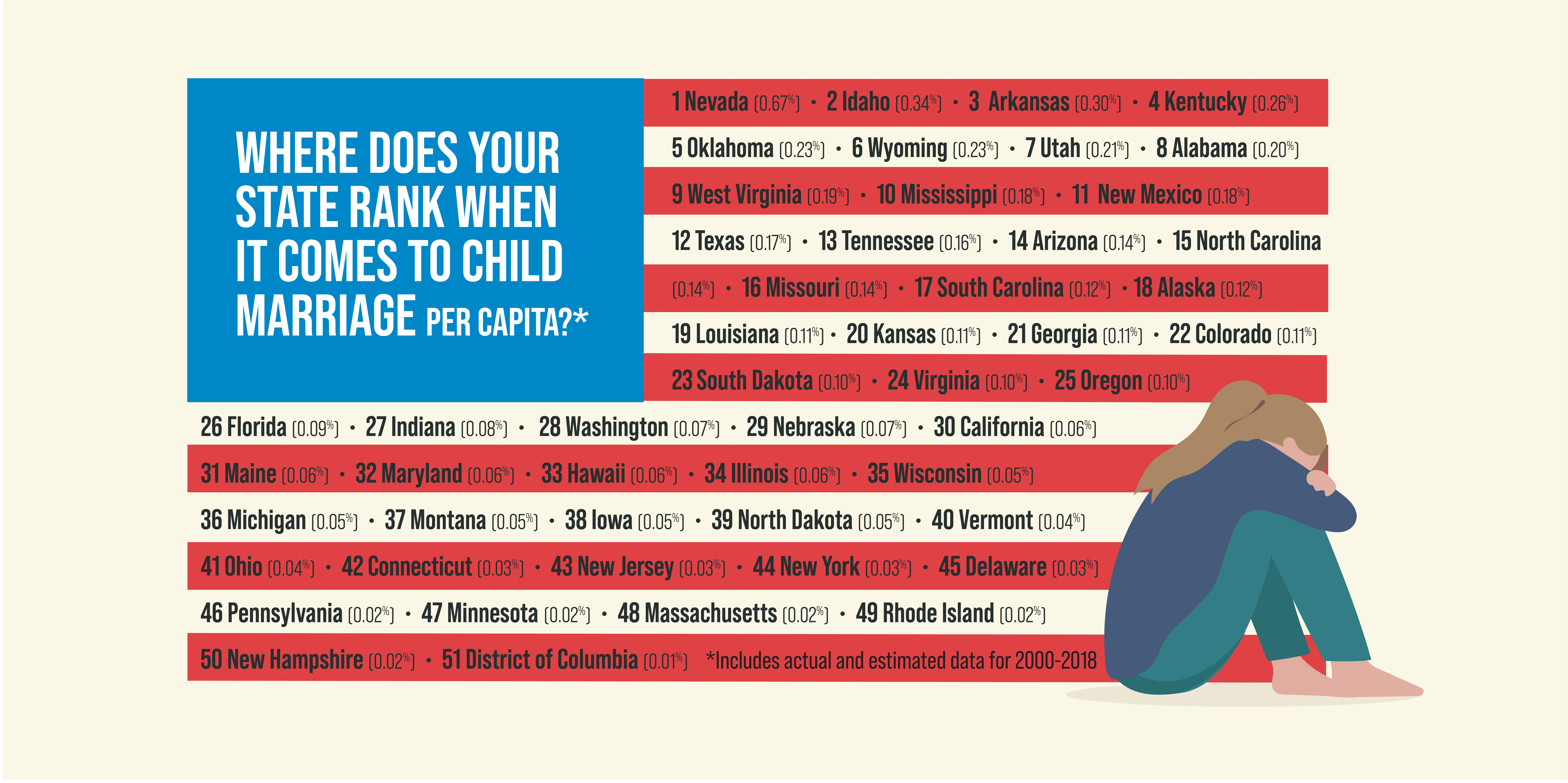5 Early Marriage Traps To Avoid.
1. Lack of Education and Awareness
One of the most significant traps leading to early marriage is the lack of education and awareness about the implications of such a decision. Many young individuals, particularly girls, may not fully understand their rights or the consequences of marrying at a young age.
This can lead to situations where they feel pressured to marry without considering their future prospects, health risks, or personal aspirations. It is crucial for communities to promote education and provide information about the importance of delaying marriage until adulthood.
2. Societal and Familial Pressure
In many cultures, societal norms and family expectations can create immense pressure on young people to marry early. This pressure often stems from traditional beliefs that prioritize marriage over education for girls or that view early marriage as a means to preserve family honor. Young individuals should be encouraged to resist these pressures by fostering open discussions within families about personal goals and the value of education, as well as advocating for gender equality.
3. Economic Factors
Economic instability can also trap young individuals into early marriages. Families facing financial hardships may see marriage as a way to reduce economic burdens or secure financial support through dowries or bride prices. This economic incentive can overshadow the long-term consequences of child marriage, including poverty cycles and limited opportunities for both partners involved. Addressing economic disparities through community programs and support systems can help mitigate this trap.
4. Normalization of Child Marriage in Marginalized Communities
In certain marginalized communities, child marriage may be normalized due to historical practices or lack of access to resources that promote alternative pathways like education and employment. When early marriage becomes a common practice within a community, it perpetuates itself across generations. Efforts should focus on empowering these communities through targeted educational initiatives and legal reforms that protect children’s rights.
5. Insufficient Legal Protections
In many regions, laws regarding the minimum age for marriage are either non-existent or poorly enforced, allowing child marriages to occur legally. This legal loophole can trap minors in situations where they have limited recourse against forced marriages or abusive relationships. Advocacy for stronger legal frameworks that prohibit child marriage is essential in protecting vulnerable populations from exploitation.
By recognizing these traps and actively working against them through education, advocacy, and community engagement, we can help prevent early marriages and empower young individuals to make informed choices about their futures.





















0 Comments